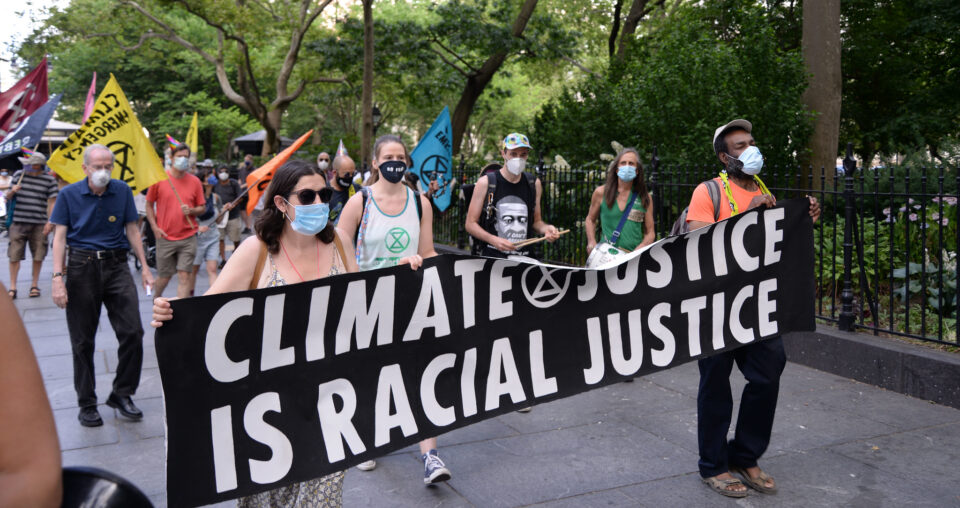
Multiple states, including New York and Vermont, have passed or are preparing Climate Change Superfund Acts, legislation which requires fossil fuel companies to pay into a fund to defray the costs of climate change adaptation and other expenses related to the climate impacts of their business.
These laws are supported by attribution science, which uses global temperature data to model large numbers of scenarios that can determine the likelihood that extreme weather events are related to fossil fuel emissions.
And now a new study links the emissions from specific companies and the economic burdens those emissions have imposed.
“The oil industry is alarmed by state climate superfund laws and their growing popularity because they are the first policies adopted anywhere in the world that make climate polluters pay a fair share of the enormous damage their products have caused,” said Lee Wasserman, director of the Rockefeller Family Fund, the New York-based charitable foundation that helped created the climate superfund law.
Unsurprisingly, lawsuits have been filed to block these laws, and an executive order was signed claiming the laws are “burdensome and ideologically motivated”. It remains to be seen how judges will rule.
One of the findings of the study was that Chevron’s emission have caused up to $3.6 trillion (yes, trillion!) in economic losses worldwide, and that’s just one fossil fuel company. Christopher Callahan, one of the study’s authors and a post-doctoral earth scientist at Stanford, says that number is likely still a gross underestimate. Overall, the study estimated that the world would be $28 trillion richer if not for heat-related losses caused by the emissions of 111 companies between 1991 and 2020. And that’s just one decade out of the century that we’ve been burning fossil fuels.
Extreme weather events continue disrupt communities and strain finances. The 2023 flooding cost Vermont hundreds of millions of dollars, according to Anne Watson, a Vermont state senator who sponsored the bill quantifying the state’s damages between 1995 and 2024. It passed the Legislature last year and the state’s Republican governor allowed it to become law without his signature.
You can read more about this on the NY Times website here.

